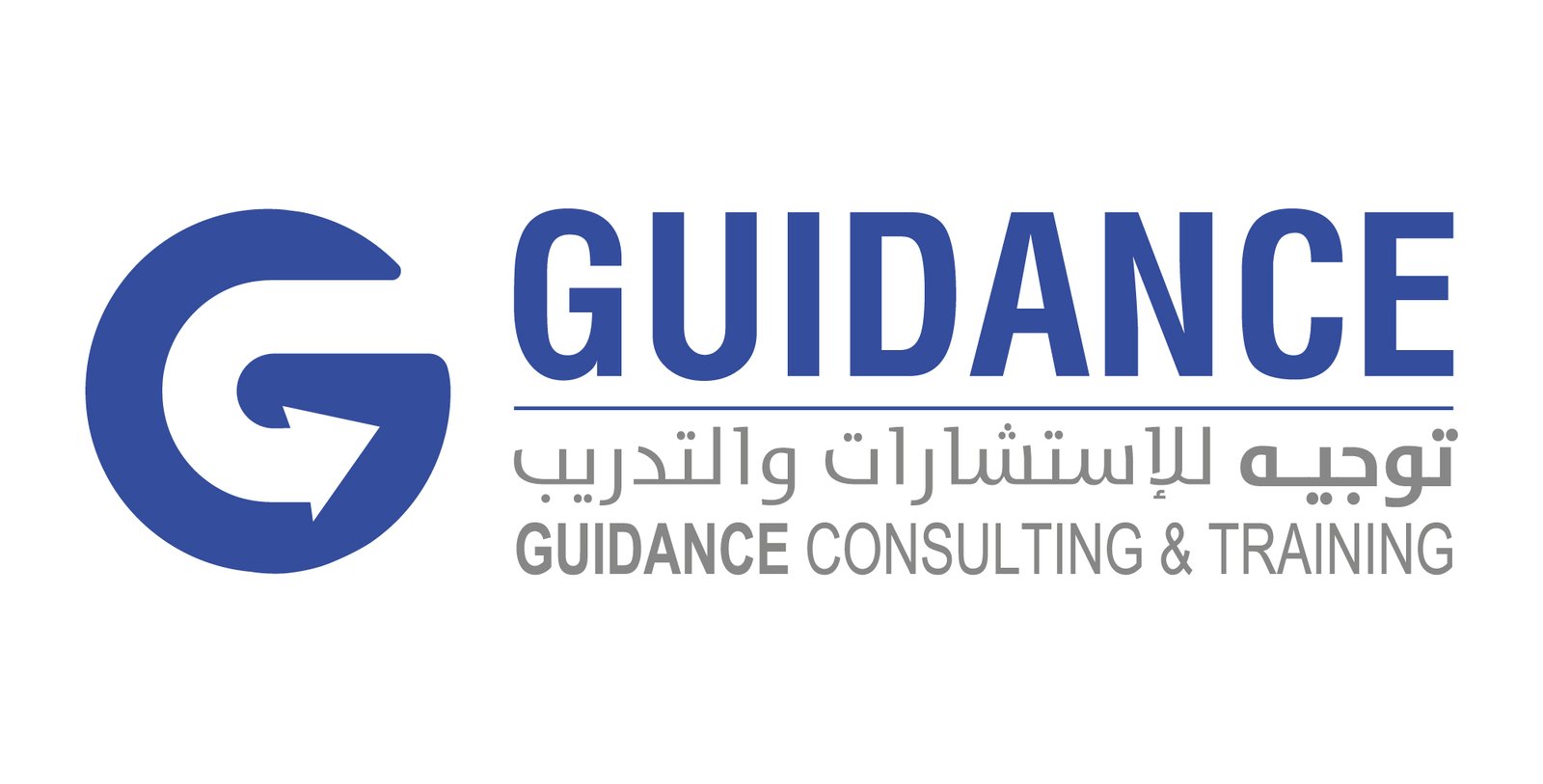
ISO 50001 Energy Management System
Guidance Consulting and Training provides qualification, training, and grant services for the ISO 50001 Energy Management System (ENMS), which specifies the requirements for establishing, implementing, and maintaining an energy management system and aims to enable the organization to follow a systematic approach to achieving continuous improvement in energy performance and energy management system. In addition to supporting organizations’ efforts in developing and implementing a comprehensive energy management system, setting energy goals, implementing appropriate policies, documenting energy flow, and implementing monitoring mechanisms.
Energy Management System ISO 50001 in the Kingdom of Saudi Arabia
The Energy Management System (EMS) allows you to control and monitor electrical facilities and electricity-consuming devices. This system analyzes energy data and provides detailed reports on energy consumption and electricity bills.
The energy management system allows you to identify places and times of excess energy consumption and make improvements to reduce it. It also identifies devices and equipment that consume a lot of energy inefficiently and provides options to improve their efficiency. Generally, this system aims to improve energy use and reduce the resulting costs.
Benefits of ISO 50001 in institutions
Utilizing the ISO 50001 standard enables institutions to improve their sustainability and attain a better balance among financial performance, social responsibility, and environmental responsibility. Among its most important benefits are:
- Reducing energy costs
Thanks to this standard, energy efficiency in institutions is improved by reducing energy consumption through systematic energy use monitoring, leading to significant energy cost savings.
- Providing environmentally friendly services
By enhancing environmental awareness and commitment to environmental responsibility and by ensuring compliance with local energy legislation, your brand reputation is improved and environmentally friendly services are provided.
- Improving efficiency and productivity
Improving energy efficiency in institutions leads to increased efficiency and productivity. By improving energy use, a better balance between production and consumption is achievable.
- Improving the energy management system
By implementing the ISO 50001 standard requirements, the energy management system in organizations is improved, including setting sustainable goals and objectives, measuring progress, and developing and improving energy policies and procedures.
- Achieving legal compliance
Obtaining ISO 50001 certification means that organizations are committed to complying with local energy legislation, which helps avoid penalties and legal risks associated with non-compliance.
Achieving compliance with the requirements of the energy management system certification
- Assess the current situation.
By assessing the energy use in your organization and analyzing the strengths, weaknesses, and potential improvement opportunities, you should evaluate the equipment and processes related to energy and identify areas that need improvement.
- Developing an action plan
Develop a specific and clear action plan to achieve compliance with the requirements of the energy management system and set goals and timetables for implementing changes and applying best practices.
- Employee participation
Involve a multidisciplinary team to work on improving energy efficiency and within their regular daily schedule their responsibilities regarding achieving and monitoring compliance with the energy management system certification requirements.
- Training and Awareness
By providing appropriate training to employees on energy efficiency improvement strategies and the importance of compliance with the requirements of the Energy Management System. Continuous awareness and training also provide employees with the information and skills necessary to support the success of this system.
- Stage Management
Evaluate the implementation of the developed plan and follow it up continuously to ensure sustainable compliance with the requirements of the Energy Management System maintain detailed records of energy flow and analyze them regularly to identify any gaps that need improvement.
- Performance Review
Evaluate the effectiveness of the actions taken, and benefit from any new ideas or possible improvements. Develop plans to ensure continued compliance.
- Expert Consultation
To implement more complex and effective strategies, you may need to seek the help of experts specialized in energy management.
What are the differences between ISO 50001 Certification and ISO 9001 Quality Certification?
Energy Management System Certification (ISO 50001) and Quality Certification (ISO 9001) are two certificates from the ISO series of certificates, and they differ in some aspects and main objectives. The following are the main differences between them:
- Main objective:
- Energy Management Certification (ISO 50001): aims to improve, develop, and raise energy efficiency in institutions and companies.
- Quality Management System Certification (ISO 9001): aims to improve the quality of institutions’ products and services and ensure their compliance with customer requirements and quality standards.
- Main focus:
- In Energy Management Certification (ISO 50001): the focus is mainly on managing and improving energy use according to specific systems and procedures.
- In Quality Certification (ISO 9001): the focus is on managing quality processes, meeting customer needs, and improving the institution’s performance.
- Application field:
- Energy Management Certification (ISO 50001): It can be applied to all companies and institutions that rely on energy use, regardless of their main activity.
- Quality Certification (ISO 9001): It can be applied to all companies and institutions in all sectors and activities, regardless of energy use.
- Expected benefits:
- The expected benefits of obtaining the Energy Management Certification (ISO 50001) are to improve energy efficiency, save energy costs, and improve the company’s image through environmental sustainability.
- The expected benefits of the Quality Certification (ISO 9001): It aims to improve the quality of products and services, achieve customer satisfaction, and increase the institution’s competitiveness.
Challenges that organizations may face in their quest to get ISO 50001 certification
- The challenge of changing behavior and corporate culture
- The challenge of monitoring and documenting energy consumption
- The Challenge of sustainable availability of resources
- The Challenge of availability of information and data
- The challenge of achieving employee commitment
Guidance Consulting and Training has the necessary competencies and experience to help organizations and individuals implement international specifications, improve business, and ensure compliance with the requirements of legislative and regulatory bodies. Contact us now to benefit from the expertise of our specialized consultants.

